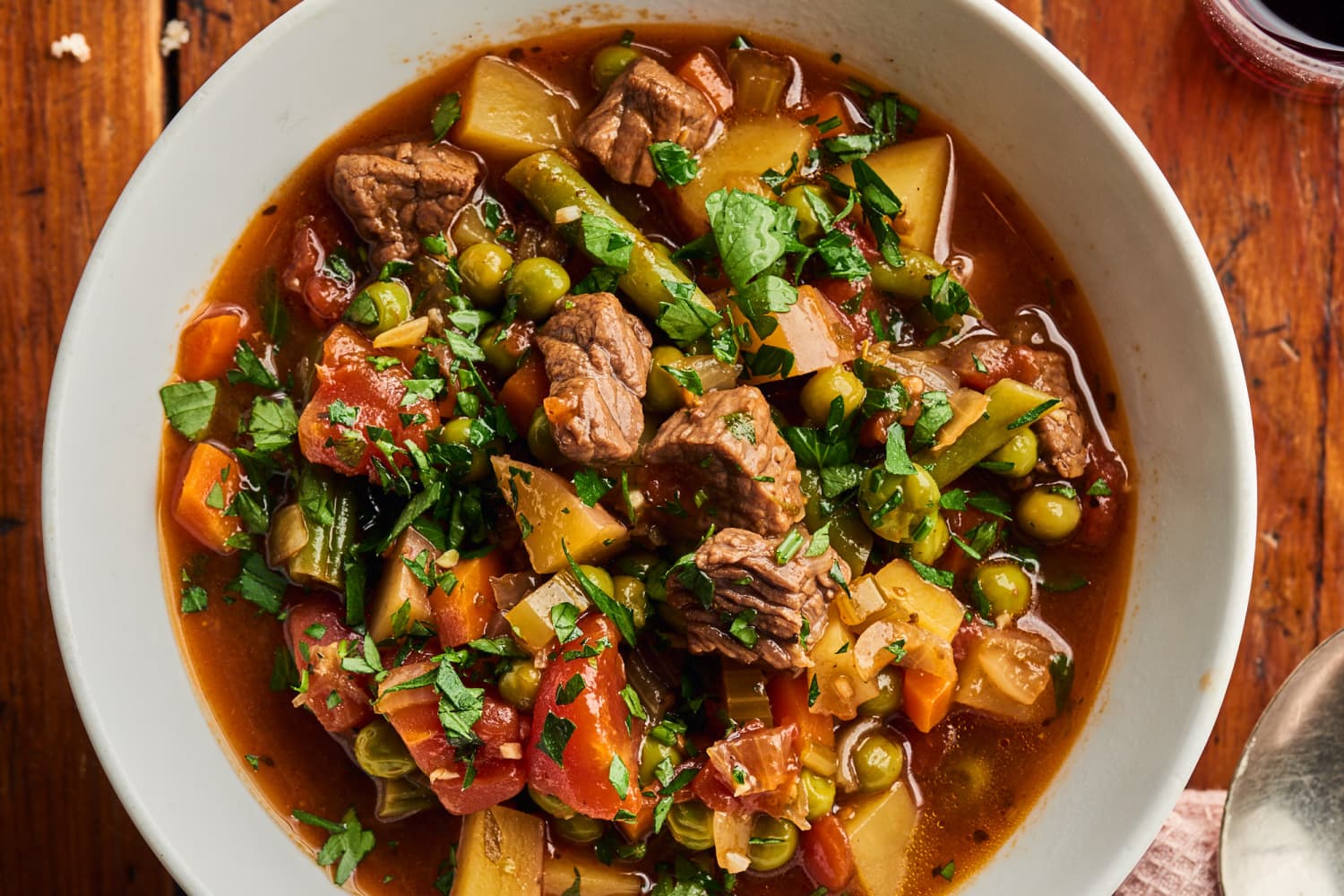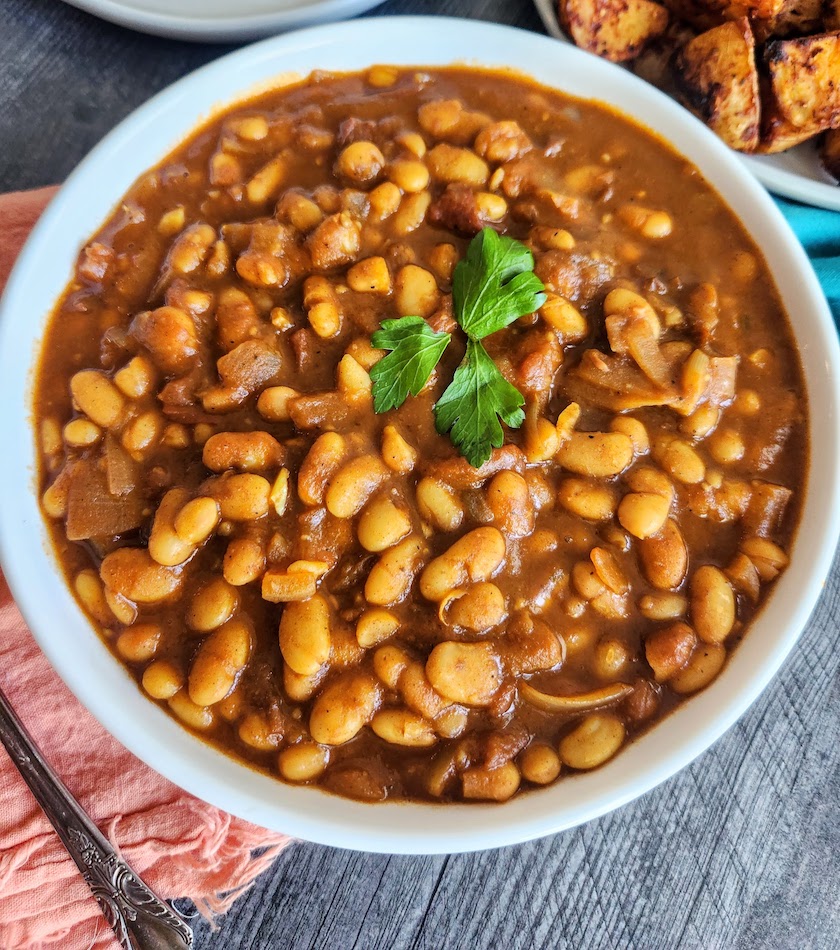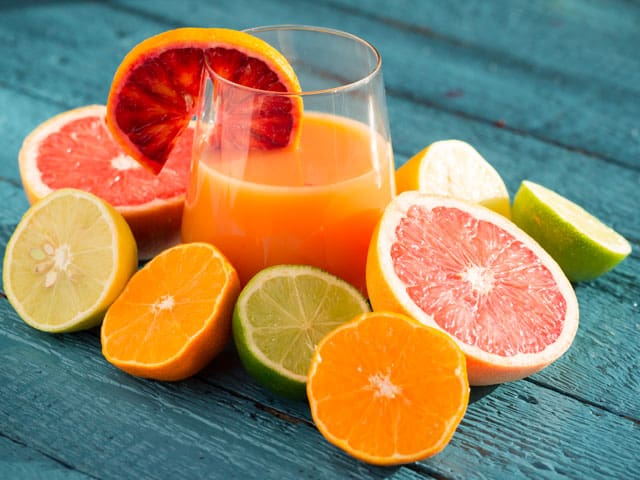That fiery feeling in your chest after eating? It’s more common than you think. Heartburn, also known as acid reflux, is a familiar struggle for many Africans, especially after enjoying beloved dishes like egusi soup with swallow, suya, fried plantain, or pepper soup. While these meals are rich in culture and taste, some of their ingredients and cooking styles might be quietly triggering that burning sensation in your chest or throat. At Jannis Health, we care not just about what you eat, but how it affects your body, especially your digestive system.
But have you ever wondered: What food causes heartburn? Why does a meal that delights your tongue leave your chest on fire? Could your favorite African dish be the silent culprit? Whether it's the heavy oil, raw pepper overload, or acidic fruits taken on an empty stomach, there’s often a hidden trigger behind the discomfort. And unfortunately, popping antacids is not a sustainable solution.
This guide explores the top African foods causing heartburn and what to eat instead for relief. Backed by expert insight from our registered dietitian-nutritionists (RDNs) at Jannis Health, we break down the causes, the science, and offer easy, culturally relevant alternatives. If you're tired of guessing what food causes heartburn or want to enjoy your local dishes without the burn, you're in the right place. Let’s protect your gut, deliciously and intentionally.
Why Does Heartburn Happen?
Heartburn happens when acid from your stomach escapes into your esophagus, the tube that carries food from your mouth to your belly. Normally, a small muscle called the lower esophageal sphincter acts like a gate, opening to let food in and closing to keep acid out. But when this muscle relaxes at the wrong time, stomach acid rises and causes that familiar burning feeling in your chest or throat.
Several things can trigger this. Eating too much at once, enjoying spicy or oily foods, or lying down soon after a meal can all increase the chances of acid reflux. For many Africans, common habits like late-night eating or heavy traditional meals may unknowingly be making the problem worse.
| At Jannis Health, we believe understanding the root cause is the first step to lasting relief. That’s why we’re here to guide you, starting with what’s really going on inside your body. |
Top 5 Common Foods Causing Heartburn in African Meals

If you’ve ever felt a burning sensation in your chest after eating, your food choices might be the reason. Let’s take a closer look at what food causes heartburn, especially in traditional African diets, and how to manage it.
#1. Spicy Stews & Soups

Many African meals are rich in hot pepper, chili, curry, or seasoning cubes. While they boost flavor, these spicy ingredients are among the top foods causing heartburn. They irritate the esophagus and loosen the muscle that keeps acid in the stomach.
Try this instead: Reduce chili levels, add cooling herbs like mint or parsley, or opt for milder seasoning options.
#2. Oily or Deep-Fried Foods
Think fried plantains, akara, puff-puff, or oily meats. These high-fat foods slow digestion and increase the risk of stomach acid rising back up.
Try this instead: Bake, grill, or air-fry your meals to cut down on oil without sacrificing taste.
#3. Beans and Legume-Based Dishes
Beans, peas, and lentils are staples across many African cuisines, but for some people, they can cause digestive discomfort, including bloating and acid reflux. This is especially true when beans are not properly soaked or cooked.
Try instead: Soak beans overnight before cooking, and consider adding herbs like ginger or cumin to aid digestion. Alternatively, opt for smaller portions or choose easier-to-digest legumes like lentils or split peas.
#4. Heavy Starch Meals at Night
Large servings of rice, fufu, yam, or cassava late in the evening can put pressure on your stomach, especially when you lie down soon after.
Try this instead: Eat dinner earlier, reduce starchy portions, and include vegetables and lean proteins.
#5. Carbonated & Caffeinated Drinks

Soft drinks, sweetened teas, and coffee are popular, but they’re also top foods that cause heartburn by creating gas and relaxing the stomach valve.
Try this instead: Sip water or herbal teas like ginger, chamomile, or moringa to ease digestion.
#6. Tomato-Based Sauces and Dishes:max_bytes(150000):strip_icc()/__opt__aboutcom__coeus__resources__content_migration__serious_eats__seriouseats.com__2020__02__20200224-obe-ata-vicky-wasik-23-48ef3dfb1176452f99d4a0c6fbed3e16.jpg)
African delicacies like jollof rice, tomato stew, and egg sauce are loved across the continent. However, tomatoes are naturally acidic, and when cooked down into sauces, they can trigger acid reflux and heartburn, especially when combined with oil and seasoning cubes.
Try this instead: Reduce the quantity of tomato paste or use less acidic tomato varieties. Add alkaline vegetables like carrots or pumpkin to balance the acidity, or pair with a side of leafy greens.
#7. Citrus Fruits and Juices
Oranges, lemons, and other citrus fruits are refreshing and packed with Vitamin C, but they are also acidic and can worsen heartburn symptoms. Drinking citrus juice on an empty stomach or after a spicy meal can cause a burning sensation in the chest.
Try this instead: Swap citrus juices for non-acidic options like watermelon juice, cucumber-infused water, or a small glass of unsweetened coconut water which soothes the digestive tract.
Simple Habits That Help Ease Heartburn
Managing heartburn doesn’t always require a complete overhaul of your diet. Sometimes, it’s the little habits that make the biggest difference. Here are a few simple lifestyle tips to help reduce discomfort caused by foods triggering heartburn:
- Give your stomach time to settle: Wait at least 2–3 hours after meals before lying down or going to bed. This helps prevent stomach acid from creeping back up.
- Go smaller, go lighter: Instead of one heavy meal, eat smaller portions more frequently. This reduces pressure on your stomach and minimizes reflux.
- Dress comfortably: Tight waistbands can press against your stomach and worsen symptoms. Opt for loose-fitting clothes that allow your body to relax.
- Manage stress: Stress can affect how much acid your stomach produces. Take time to unwind, breathe, and care for your body.
Final Thoughts
At Jannis Health, we understand the profound connection between food and our culture, comfort, and identity. That’s why we believe you shouldn’t have to give up your favorite African meals due to heartburn. Through identifying what food causes heartburn and adopting these gentle habits, you can still enjoy your beloved dishes, just with a few smart tweaks.
If you’re struggling with recurring heartburn or want tailored wellness advice, trust Jannis Health to guide you. We’re here to help you eat well, feel better, and live fully, because your health deserves the best.
Frequently Asked Questions About Common African Foods Causing Heartburn
What food causes heartburn in African meals?
Foods commonly found in African cuisine that may trigger heartburn include spicy stews, deep-fried items, heavily seasoned soups, beans, and starchy meals eaten late at night. These foods can either relax the stomach valve or cause excess acid production, leading to a burning sensation.
Are spicy foods always responsible for heartburn?
Not always. While spices like chili, pepper, and curry can irritate the esophagus and worsen acid reflux, not everyone reacts the same way. The key is moderation and learning how your body responds.
Can traditional soups like egusi or ogbono cause heartburn?
Yes, they can, especially if they are oily or heavily spiced. These soups, though rich and nutritious, can slow digestion and contribute to acid reflux when consumed in large quantities or late at night.
Why do fried foods cause heartburn?
Fried foods are high in fat, which delays stomach emptying and increases pressure on the digestive system. This can lead to acid backing up into the esophagus, triggering heartburn.
Can beans and legumes cause heartburn?
Yes, especially if not properly soaked or cooked. Beans can cause bloating and gas, which may contribute to acid reflux in some individuals. Adding digestion-friendly herbs like ginger or cumin can elp reduce discomfort.
Is it okay to eat heavy starchy foods like fufu or rice at night?
Eating large portions of starchy foods late at night can increase the risk of heartburn. It’s better to eat earlier in the evening and balance these meals with vegetables or lean protein.
When should I see a health professional about heartburn?
If you experience heartburn more than twice a week or if it's affecting your quality of life, it's time to consult a health expert. At Jannis Health, we’re here to guide you with lifestyle advice, natural support, and expert consultation.






Comments